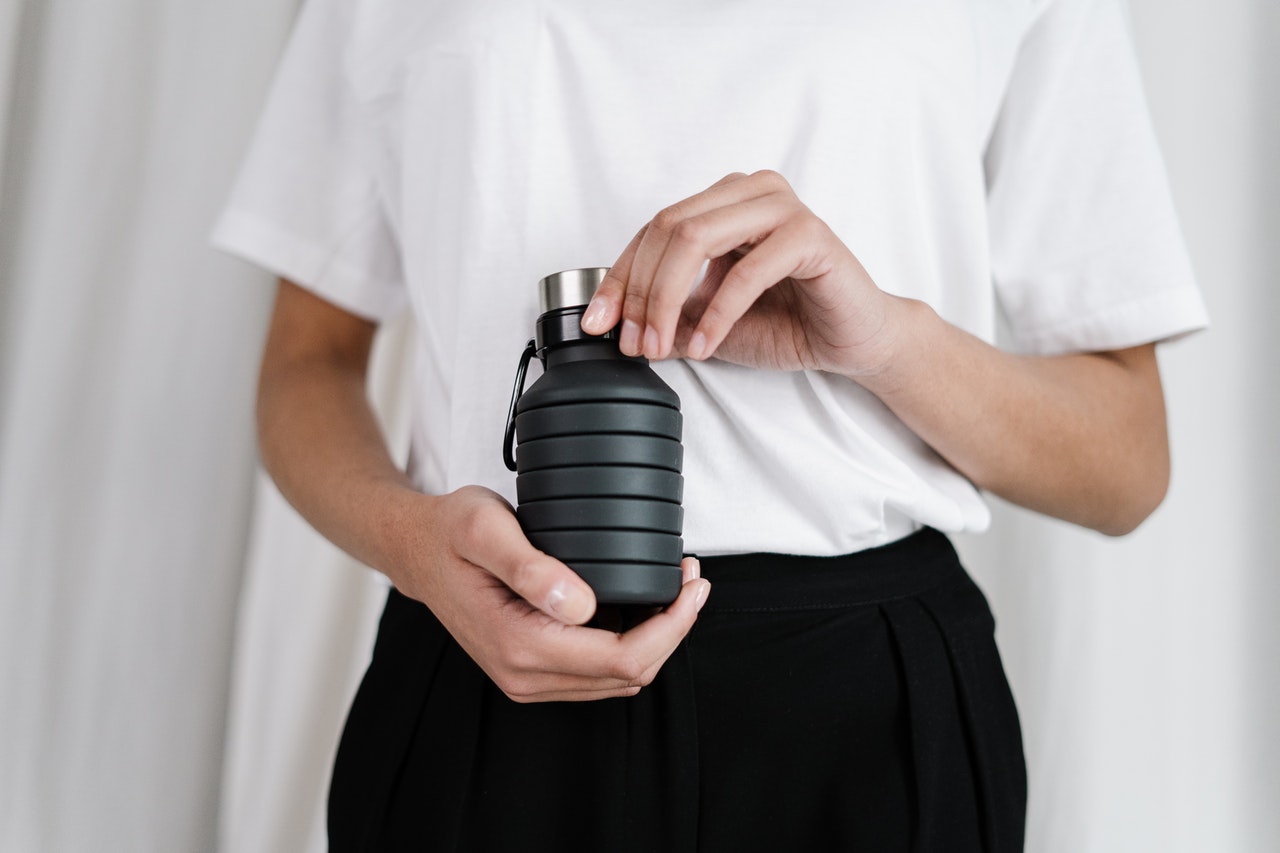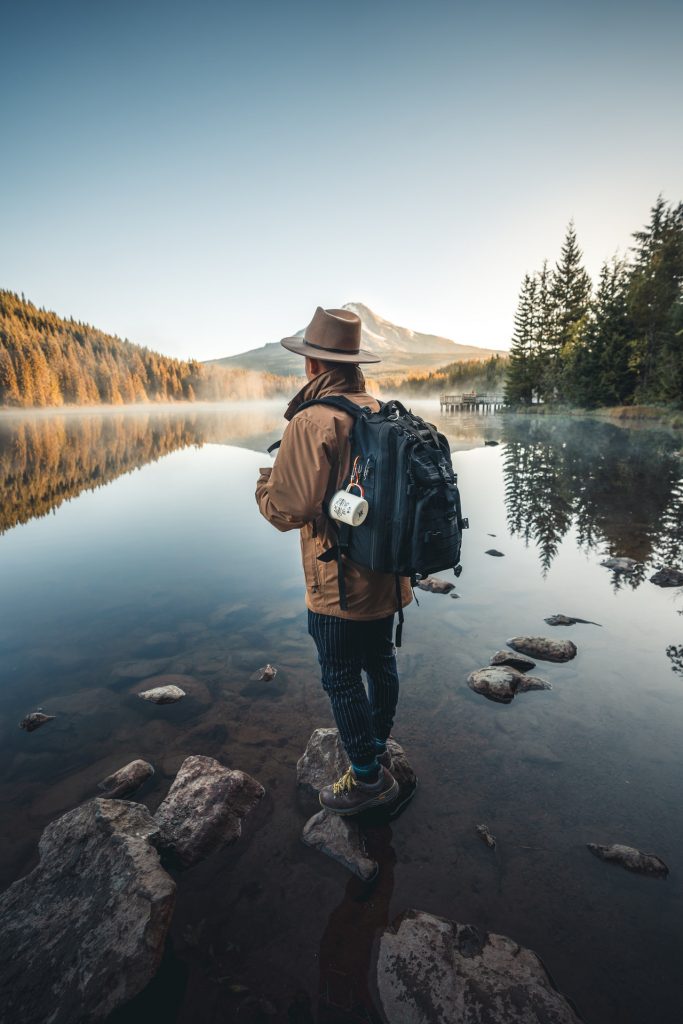Despite the continuing uncertainties in travel, many of us are dreaming of the moment we finally hear the announcement of the arrival of our flights. For many, the memory of checking in, wandering around the airport until boarding time, and finally the excitement of landing in a new country has been long ago.
The tourism industry will probably have major changes in the coming years. Festivals and crowd-drawing events can be put off for a few more months. What will surely change would be the premium given to private and sanitized lodgings, al fresco dining, and private transportation.
Unfortunately, not all of us will have the luxury of spending double or triple what we usually budget for our trips. While prices would be going up, our salaries have been nailed, maybe even endangered.
Here are a few travel hacks that backpackers have expertly employed in years of cheap travel. The old backpacking tricks might no longer be useful in the future, but these should help travelers no matter what their financial condition may be.
Bring an inflatable pillow and a thermal blanket.
Instead of going out to sleep at a hotel for three or four hours during a long layover, you can find a nice and comfortable corner at the airport. Those warm and soft massage chairs you often want to have at home are very comfortable but are often occupied. What’s usually available are the spaces underneath stairs and some steel benches. So you need a warm but light blanket with you.
You might also need these when you find out that the lodging you booked is not as clean as you had expected it to be. Stay one night so you will have enough time to find better accommodations and cancel the rest of your booking. Additionally, bring pillowcases. You never know how hygienic your lodging would be. It’s better to use your pillowcase. Some travelers even go to the extent of bringing their sheets, but as long as you are meticulous with your hygiene, it shouldn’t be that necessary.

Find a collapsible water bottle to bring with you.
Instead of buying bottled water every time you go out, you can get water from the dispenser lodgings usually provide. If they don’t have one, buy a large water bottle and refill your collapsible container. It’s best to bring water every time you go out because restaurants don’t provide service water. You also don’t want to risk drinking tap water if your stomach is fragile.
Buy groceries.
To save on food, don’t always eat at a restaurant. That’s why lodgings with free breakfast are popular because even if they only serve bread and egg, it would save one meal for backpackers. Find lodgings that would allow you to cook. If dormitory-type hostels scare you now, go for Airbnb.
Put your money in inconspicuous places.
You might be forced to bring cash when you’re traveling to remote places. But don’t put it somewhere as obvious as a wallet. You might have a hidden compartment in your luggage, shoe, or umbrella sleeve. If the thief would be thorough, they would still find it, but they wouldn’t have time to search through everything you have. Don’t store everything in one place.
Take overnight trains or buses instead of flying.
It would save you one night of lodging. Read travelers’ reviews thoroughly, though. You have to ensure your safety. Some bus companies in remote areas have a bad track record. In countries not strict in speed regulations, drivers might go dangerously fast since there’s less traffic.
With mixed news about the pandemic’s possibility of easing up next year, we can at least busy ourselves with planning for our next trip. Those vacation leaves we rarely took in the past years look so tempting now.

